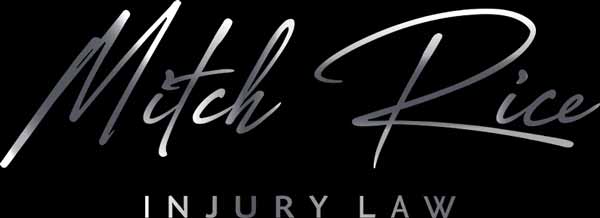If you recently suffered an injury at work, your first step was probably to tell your boss what happened, upon which he or she probably notified his or her workers’ compensation insurer.
By law, your employer must carry workers’ compensation insurance, which serves to protect the said employer and you while providing the benefits you need for recovery. However, it is not necessarily the only option available to you.
What is third-person liability?
If a third party (not your boss) bears some or all of the responsibility for your injury, they may be legally liable. Examples of a third party might be a contractor or subcontractor, the manufacturers of a piece of defective equipment, another driver or an outside cleaning company.
What does third-person liability mean for you?
Workers’ compensation benefits may not cover all of the costs from your injury, medical treatment and loss of wages. In the case that there is a third party involved in the incident that resulted in you getting hurt, you have the right to file a personal injury lawsuit. You may be able to obtain compensation for your pain, including funds for medical treatment and punitive damages.
What is the difference between workers’ compensation and a third-person liability claim?
Workers’ compensation does not involve blame. You do not need proof that someone is at fault. With a third-person liability claim, you must establish through evidence that the other party’s negligence caused your injury. If the claim is against a product creator, then you must show that the item was defective in some manner.
If a third party contributed to you getting hurt at work, you have the right to file a claim against them to obtain your rightful remuneration.


